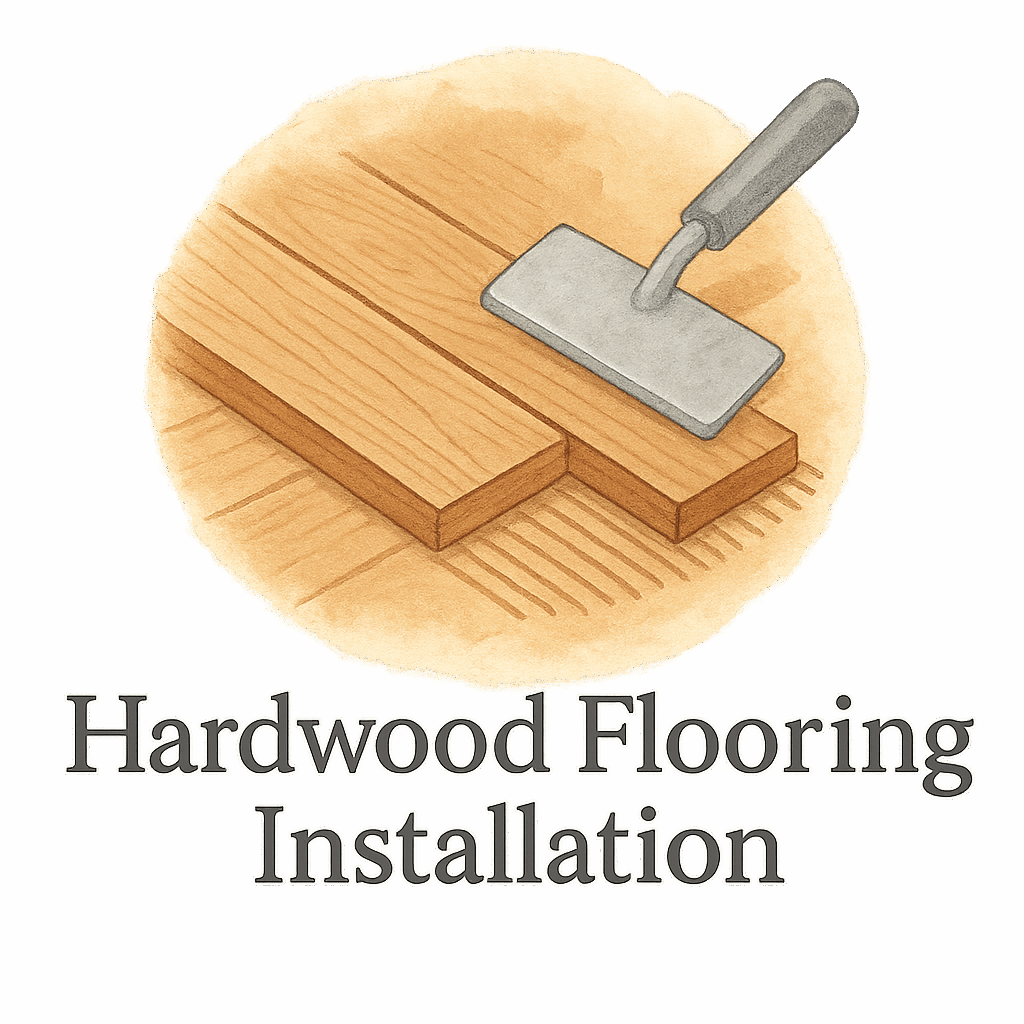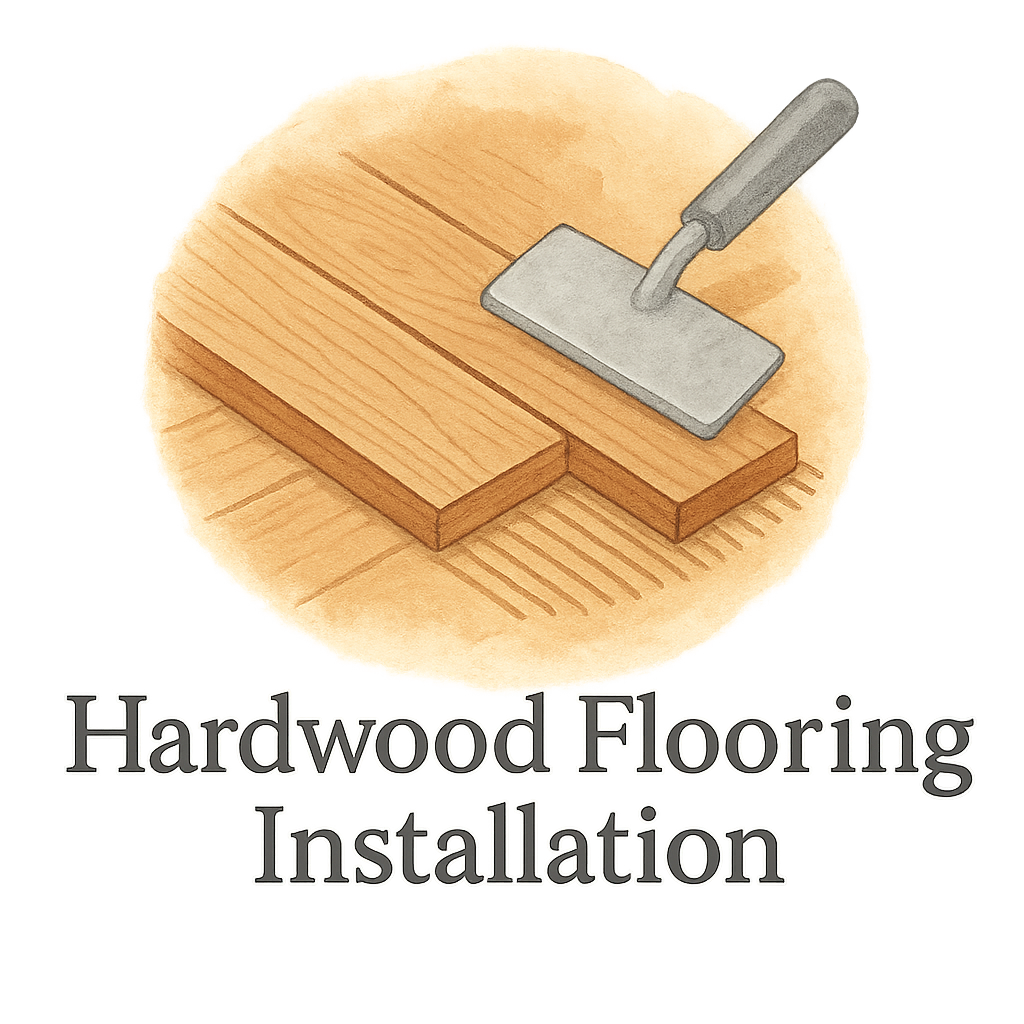Introduction: The Allure of Hardwood Flooring
Let’s be real—hardwood flooring just hits different. It adds elegance, warmth, and serious resale value to your home. But with so many other options out there mimicking hardwood’s look and feel, how do you know what’s actually worth installing?
This guide dives deep into 7 flooring material comparisons to help you choose the best fit for your hardwood flooring dreams.
Why Material Comparison Matters in Flooring
It’s not just about looks. The right flooring can impact your budget, comfort, air quality, and even how warm or cool your room feels. Knowing what you’re getting into—whether it’s hardwood, laminate, or vinyl—makes all the difference in cost, maintenance, and longevity.
To really get the most out of your investment, proper flooring preparation and smart material choice go hand in hand.
1. Solid Hardwood vs Engineered Hardwood
What’s the Core Difference?
Solid hardwood is milled from a single piece of wood. Engineered hardwood, on the other hand, consists of a top veneer layer of hardwood bonded to several layers of plywood beneath.
Installation Techniques Compared
Solid hardwood typically requires nailing, which makes it great for professional installs. Engineered hardwood offers more DIY flexibility—ideal for floating, glue-down, or click-lock methods.
For step-by-step help, check out DIY flooring installation.
Durability and Maintenance
Engineered wood is more stable in humid environments, whereas solid wood can expand or contract. Still, solid wood can be sanded and refinished multiple times, giving it longer life if maintained well.
For more on upkeep, see flooring maintenance & repair.
2. Hardwood vs Laminate Flooring
Appearance & Realism
Laminate has come a long way in mimicking wood. But at the end of the day, it’s still a printed image over compressed fiberboard—not quite the real deal.
Cost Analysis
Laminate wins in affordability hands down. It’s perfect if you’re on a tight budget but still want a “wood” look.
Dive deeper into flooring cost & time estimation to plan your project budget.
3. Hardwood vs Luxury Vinyl Plank (LVP)
Moisture Resistance & Longevity
LVP is waterproof, making it ideal for kitchens and bathrooms—where hardwood typically fears to tread. It’s also highly scratch-resistant, perfect for high-traffic zones.
Comfort and Warmth
Hardwood feels naturally warmer underfoot, while LVP can feel cold unless padded with good underlayment.
Learn more about the best underlayment choices for comfort and insulation.

4. Hardwood vs Bamboo Flooring
Eco-Friendliness and Sustainability
Bamboo grows rapidly and is more sustainable than traditional hardwood. It’s a great option if you’re leaning green.
Find more eco-friendly material guides under the “materials” tag.
Toughness and Maintenance
Strand-woven bamboo is even harder than some hardwoods but may be more sensitive to humidity changes. Regular care is a must.
5. Hardwood vs Tile Flooring
Visual Aesthetics
Tiles can mimic wood or go bold with patterns and colors. But if you’re going for that cozy, rustic vibe—hardwood still wins.
Browse flooring patterns and layout tips for more design inspiration.
Use Cases by Room
Tile is perfect for bathrooms and kitchens due to its water resistance. Hardwood is better for bedrooms and living rooms where warmth matters.
6. Hardwood vs Cork Flooring
Comfort Underfoot
Cork is super soft and springy. Standing on it for hours? No problem. Hardwood? Not so forgiving.
Sound Absorption and Insulation
Cork reduces noise and insulates better. Perfect for apartments or homes with multiple floors.
Want more cozy floor solutions? Check our guides on best flooring for comfort.
7. Hardwood vs Carpet Flooring
Cleanliness and Maintenance
Hardwood is easy to clean—just sweep and mop. Carpet traps dust, pet hair, and allergens, making it harder to maintain.
Looking for tips on keeping floors spotless? Check our cleaning tag.
Health and Allergen Considerations
Hardwood is hypoallergenic and helps improve indoor air quality. Carpet? Not so much, especially for allergy sufferers.
Choosing the Best Material for Your Home
Consider Your Lifestyle
Got kids or pets? Go for something scratch-resistant like LVP or laminate. Love a classic look? Hardwood or engineered wood could be your go-to.
Think About Climate and Humidity
Live in a humid climate? Engineered hardwood or LVP handles moisture better than solid hardwood.
Flooring Installation Planning Tips
Surface Preparation Essentials
Never skip the prep. A level, clean subfloor is the backbone of a successful install. Here’s our detailed guide on flooring preparation for a flawless start.
Must-Have Flooring Tools and Materials
From spacers to nail guns, having the right tools makes all the difference. Don’t forget to refer to our flooring tools & materials list before starting your project.
Mistakes to Avoid When Choosing Materials
Don’t Ignore Underlayment
Skipping underlayment? Big mistake. It impacts comfort, sound, and even insulation. Always match it to your material—check our prep tag for more.
Overlooking Maintenance Needs
Some materials are more needy than others. Know what you’re signing up for. For more, our maintenance tag covers it all.
Conclusion
Picking the right flooring isn’t just a design decision—it’s a lifestyle one. From the timeless appeal of hardwood to the practicality of vinyl or laminate, the choices are vast but manageable if you know what to look for.
Each material has its strengths. Think about your space, usage, and personal style. And remember, great floors start with great planning.
Need more advice? Check our flooring guides, DIY tips, and home improvement tricks to keep your floors looking flawless.
FAQs
1. Is engineered hardwood better than solid hardwood?
It depends on your needs. Engineered hardwood handles humidity better, but solid wood can be refinished more times.
2. What’s the most budget-friendly hardwood alternative?
Laminate flooring wins on price while still giving you that wood look.
3. Can I install hardwood flooring in a bathroom?
Not recommended. Go for waterproof alternatives like LVP or tile.
4. Which flooring is best for pets?
LVP and laminate are top picks for scratch resistance and ease of cleaning.
5. What’s the best flooring for noise reduction?
Cork flooring absorbs sound better than hardwood or laminate.
6. How do I estimate my flooring budget?
Use our flooring cost estimation tool for a detailed breakdown.
7. Can I install flooring myself?
Absolutely! Just check out our DIY flooring installation guide before you begin.


